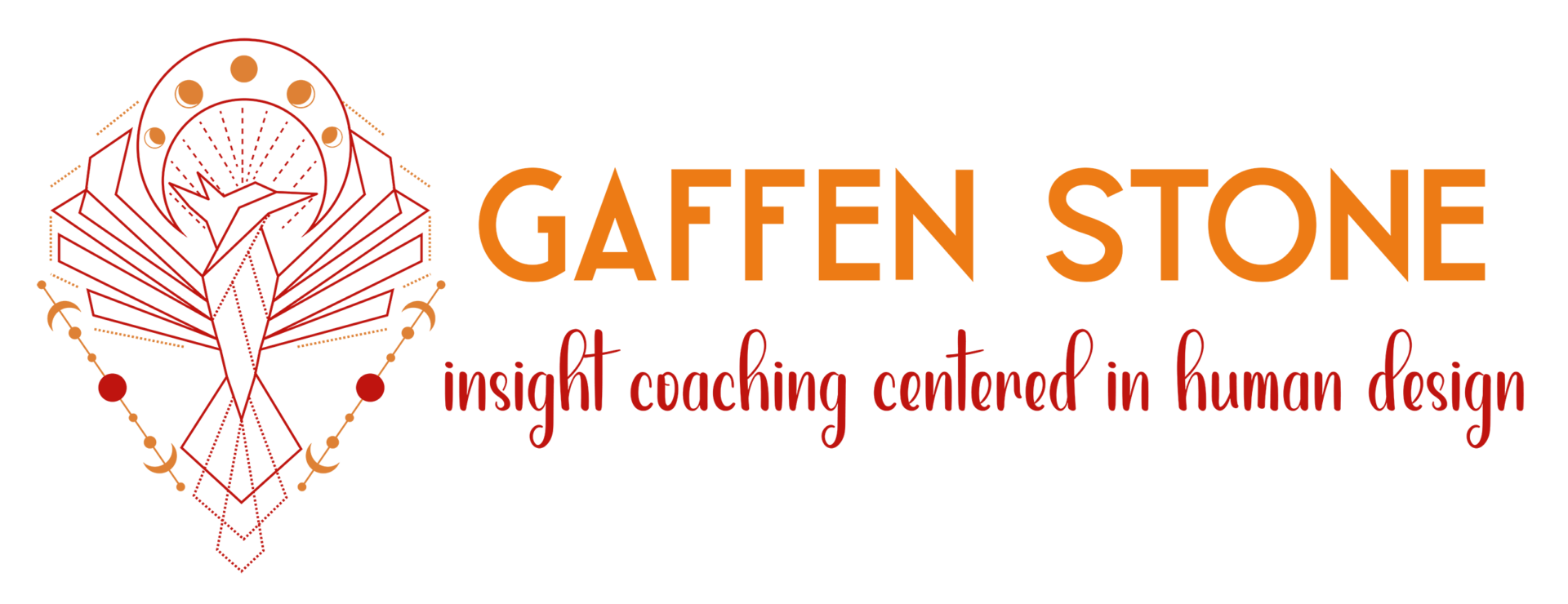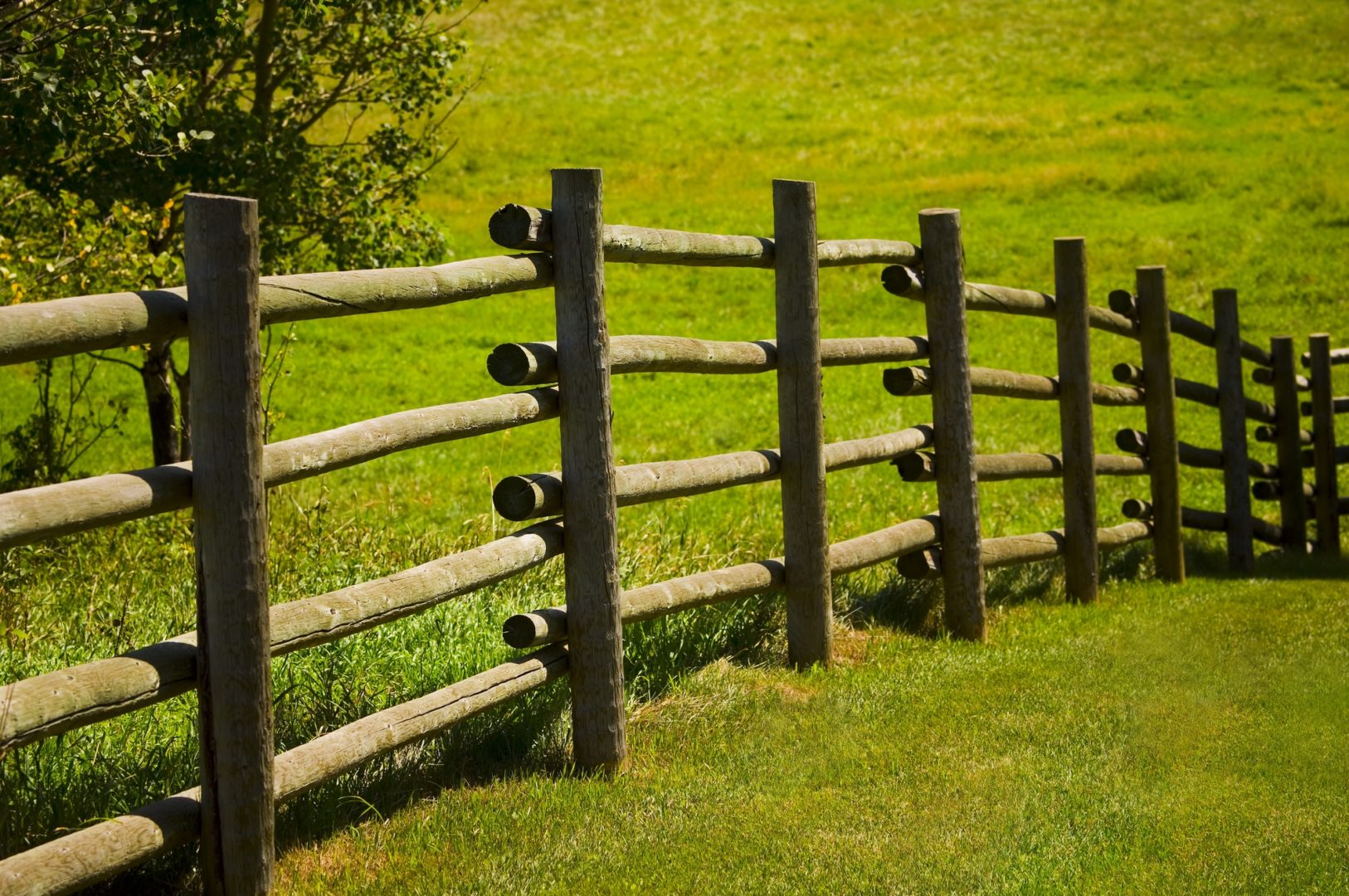Boundaries.
It’s a word that can provoke some interesting responses. Do you think “boundaries” sounds strict? Somehow harsh and uninviting?
Does it sound like something someone else does, but you can’t seem to set them and keep them?
Maybe you set limits in your head, but others run right through them, probably because they are not clear about what those limits are, or they don’t believe you really mean them.
Let’s table that for the moment; we’ll come back to it later. For now, let’s start by defining what we mean by “boundaries” for the purposes of our discussion.
What we are talking about here is limit setting. A couple examples are, “This much and no more,” and “no means no.” Boundaries also define where I end, and you begin.
Learning how to set and keep clear boundaries is crucial for healthy social skills development. How do kids know they have undeniable worthiness without knowing where they end, and another begins? Where do they develop a sense of safety and security in the world without learning how to set and keep limits?
This first, basic rule for life is where we decide what is acceptable when relating to other people. Our expectations for future relationship aren’t set in college, or even in school. We set them with our children from the day they come home. It’s happening right here, right now. It’s up to us to make sure our child learns the lesson we’d like them to carry for life. Good boundaries help the child (and the adult, for that matter) feel secure and worthwhile.
Boundaries help set the tone for interactions, establish the level of respect you demand, and what level of respect you will give. As early as possible, set the expectations for what happens in a given environment or in a given time frame. You can – and really should – set clear, defined and expressed boundaries with everyone in your close environment.
Boundaries also serve to allow things in and keep things out. Boundaries are important because they define areas of privacy. This use of boundaries is so important it has its own blog post. (See previous blog post for more.)
Suggested starting place – figure out what boundaries you want to set for yourself.
What??
Yes, you read that correctly. If you don’t have boundaries that you keep for yourself, you are unlikely to successfully set them for others.
Start here. Make sure this becomes second nature for you, if it is not already. For example, if you decide that you will have two alcoholic drinks tonight and then switch to sparkling water, do that. If you don’t, you are sending your brain and the people around you the clear message that you don’t mean what you say. Worse, this also means your boundaries are an idea, not a reality.
Set yourself some achievable, meaningful boundaries and keep them. You are a model for your child and others, whether you want to be or not. You are showing them how you want to be treated.
Boundaries for others.
Be very clear. A boundary is made of clearly stated expectations and equally clear consequences. This does not have to involve high drama. There is no need to threaten to leave the child in the store, for example. You simply say what you will (realistically) do if the boundary is crossed.
Most of us are not used to doing this, so if this describes you too, practice as many times as you need to before you use these newly developed boundaries with others. Make sure both ends of boundary statements are things you can and will keep to. Few things encourage complete disregard by others (including kids and partners) faster than saying something that you fail to follow through on. Make boundaries work for you.
Quick take home message:
Think about what is important to you and what you can easily ‘let go.’
Pick your battles so the ones you choose count for something.
Set limits and expectations that are achievable, fair, and comfortable.
Establish consequences you can easily follow through on.
Secure your partner’s support where possible and practical.
Always, always follow through. Always.
Your child is watching and learning from you. None of us are perfect but be as good a model as you can.
– Mikki.



0 Comments